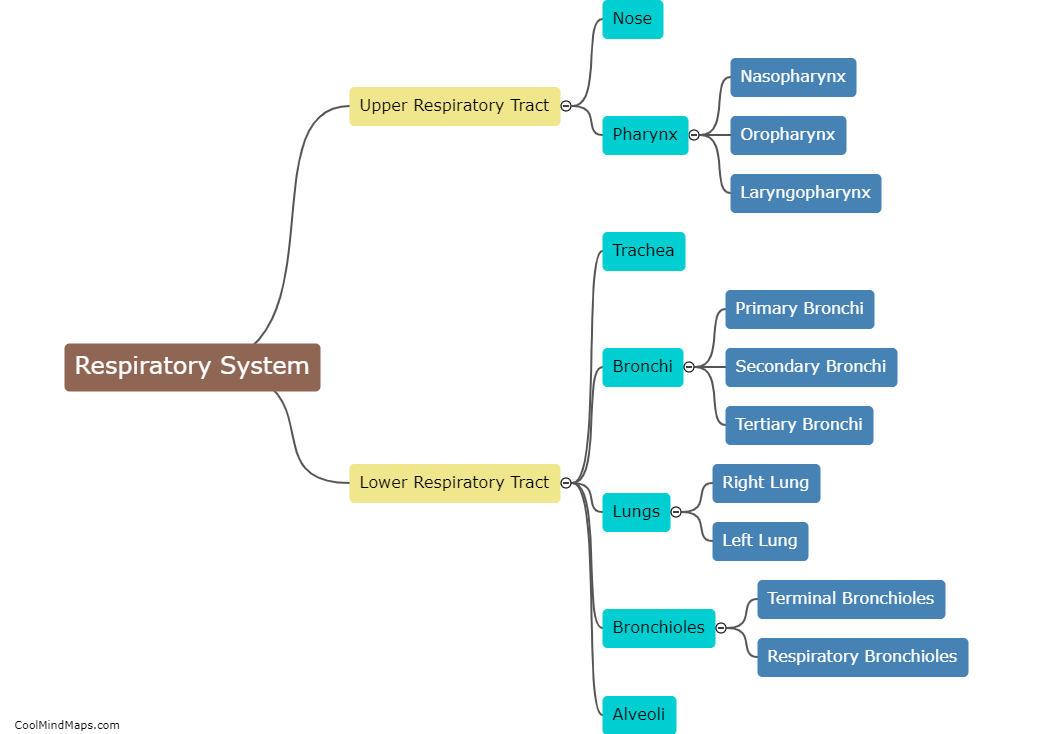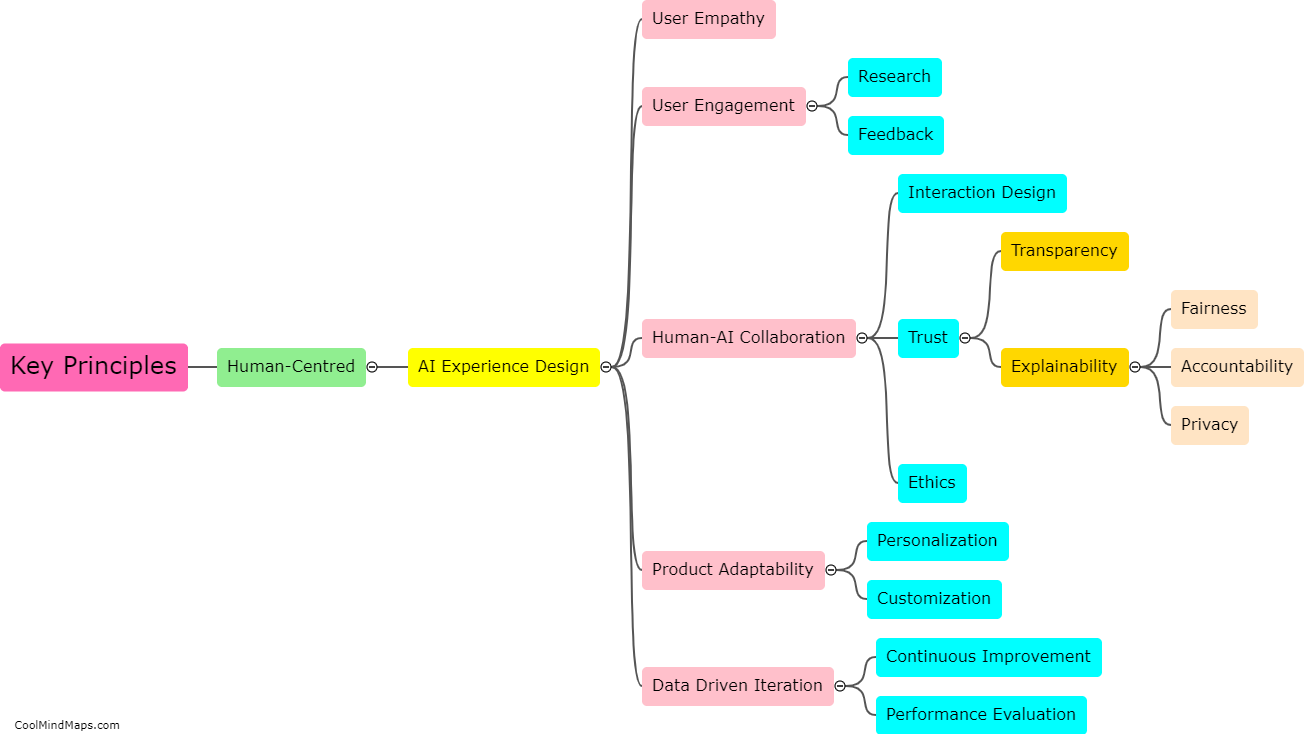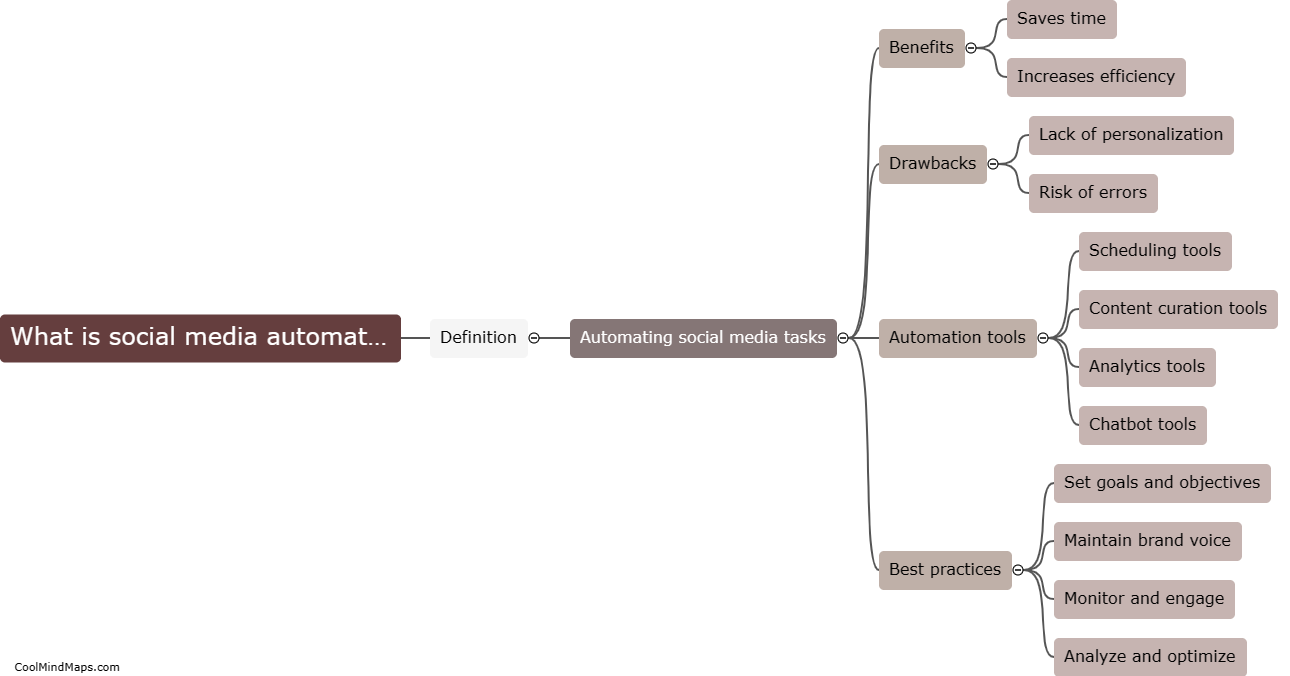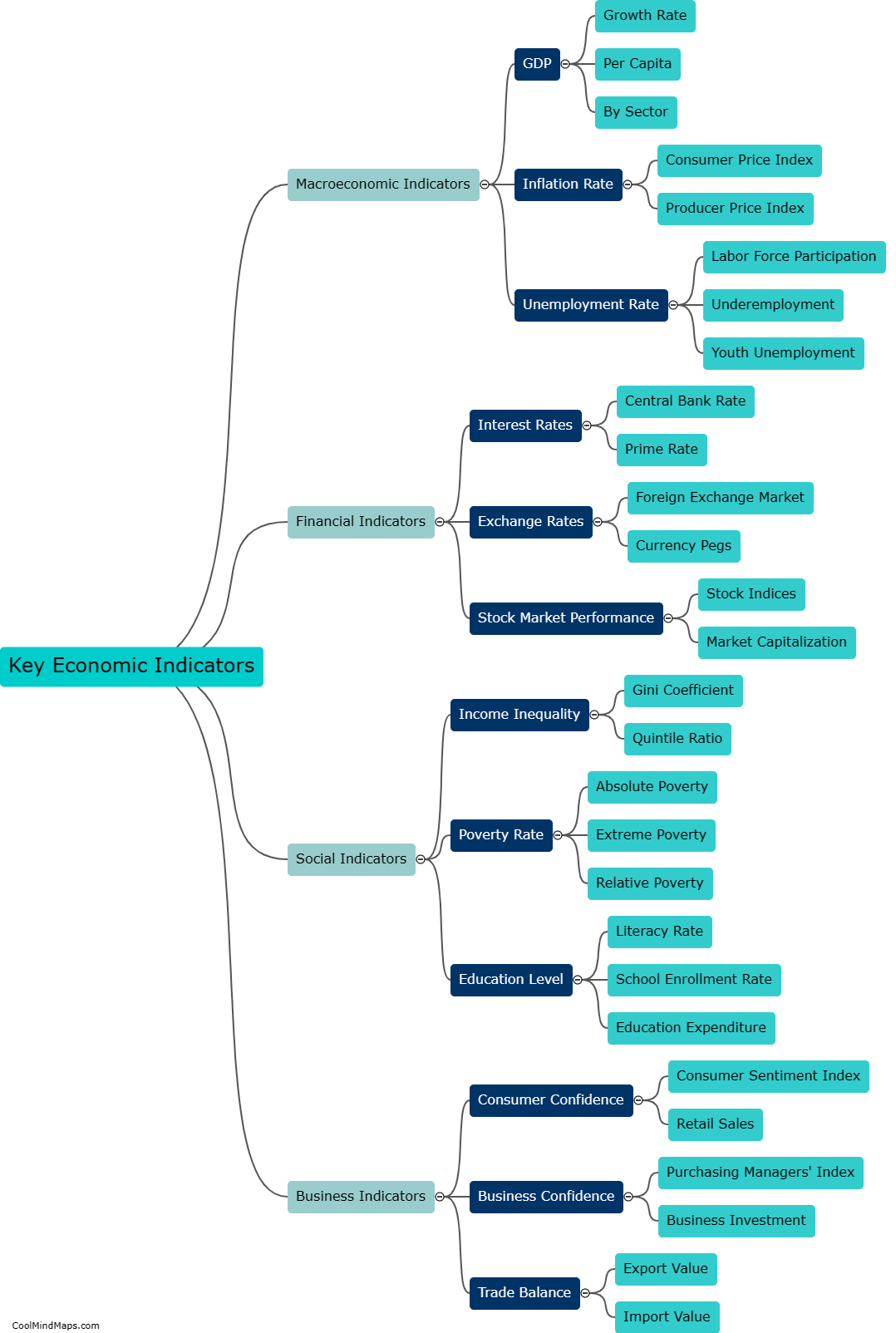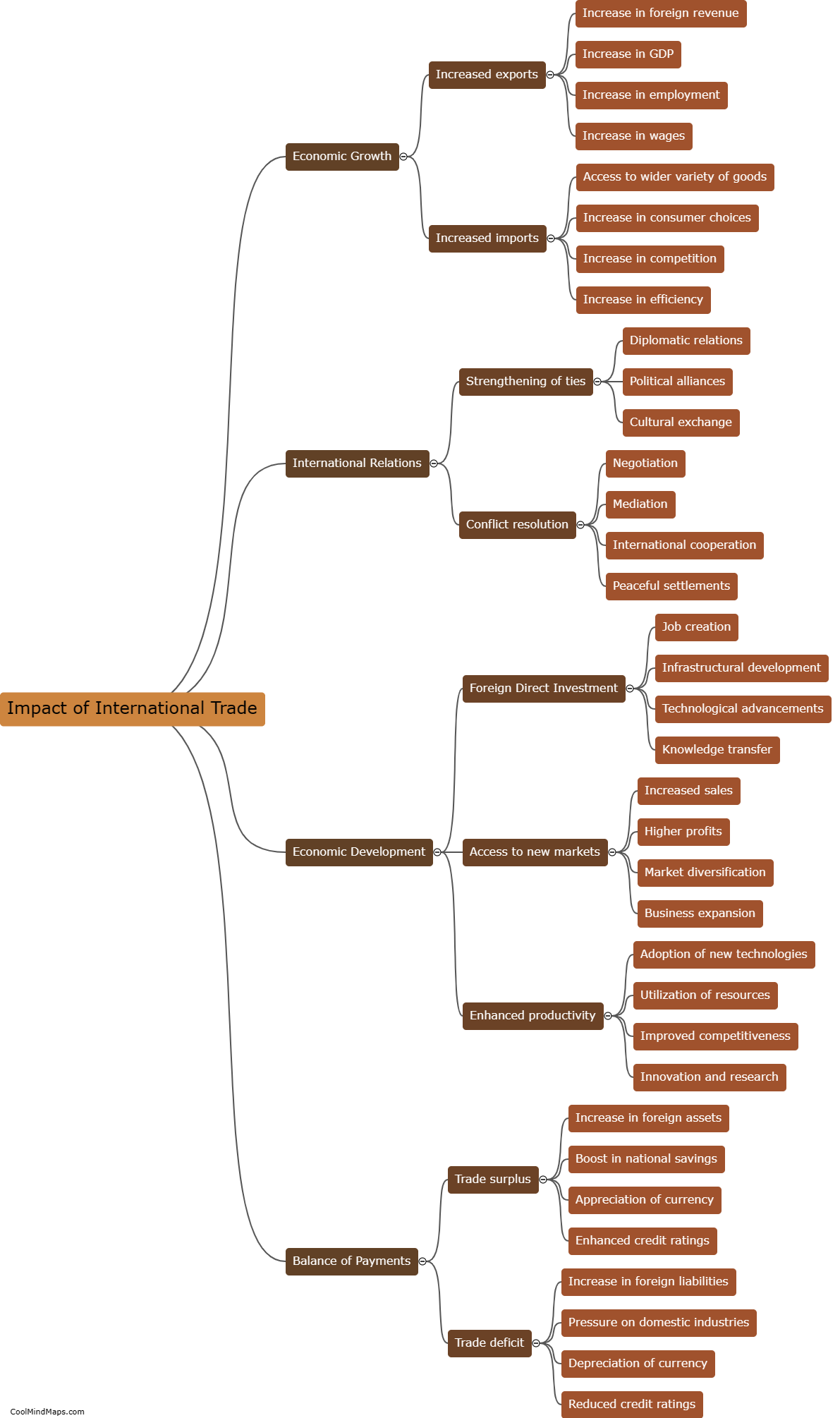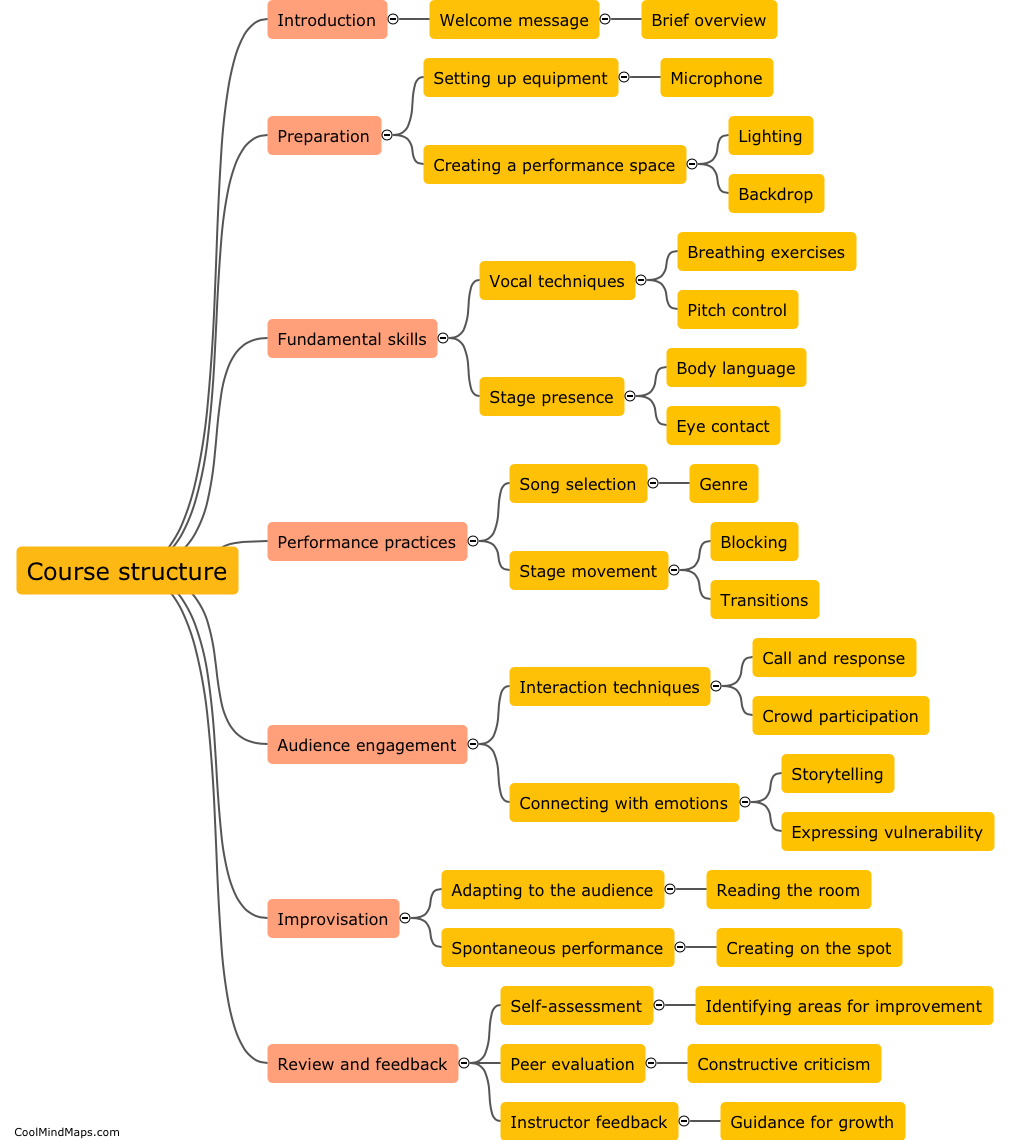How does inflation affect the economy?
Inflation is the general increase in prices of goods and services in an economy over time. It impacts the economy in various ways. Firstly, inflation erodes the purchasing power of individuals and lowers their standard of living. As prices rise, people need to spend more money to maintain the same level of consumption, which can lead to a decrease in savings and investments. Secondly, inflation can disrupt long-term planning and decision-making for businesses, as they struggle to forecast costs and set prices. Additionally, inflation can create uncertainty and reduce confidence among consumers and investors, weakening overall economic growth. Lastly, inflation can also redistribute income and wealth, as those with fixed incomes or assets suffer losses, while individuals with rising incomes or assets may benefit. Overall, high and unpredictable rates of inflation can have detrimental effects on an economy, hindering its stability and growth.

This mind map was published on 17 September 2023 and has been viewed 97 times.


